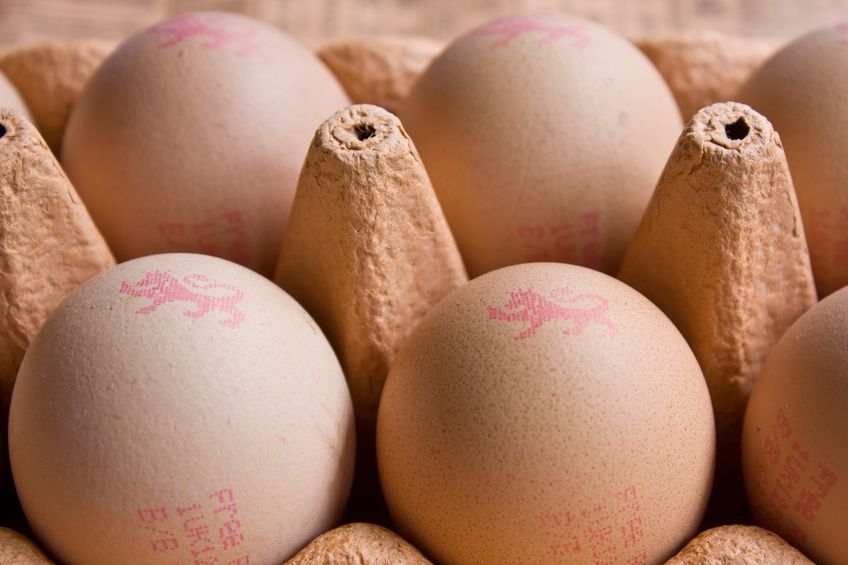Free range egg crisis: Shoppers need to pay 40p more per dozen

Free range egg farmers are calling for UK retailers to immediately increase the price of a dozen eggs by 40p to avert a catastrophe in the sector.
Farmers are being hit from all sides by huge hikes in energy and feed costs, as well as an increase in labour costs and raw materials.
A significant number of free range egg farmers are currently losing money on every egg laid by one of their hens.
Some say they can last six months before they go bust, while others are on the brink now.
Eggs are one of the cheapest protein sources, but the British Free Range Egg Producers Association (BFREPA) says farmers have been cut adrift by an unrelenting squeeze on their profit margins which have now been completely eroded in many cases.
The message has been backed up by the British Egg Industry Council (BEIC), which has today (31 March) also called for an immediate price rise to save farms.
Farmers are asking for an increase in the price of eggs in the shops, but it is vital that the money makes its way down the supply chain to the farmers who need to save their businesses from collapse.
BFREPA’s CEO Robert Gooch said that 'enough is enough' and that the sector’s appeals for help could not be ignored any longer.
“For months we have been raising the desperate situation with all the major retailers, and they have all ignored the perilous position their farmer suppliers are in.
"We contacted Asda, Sainsbury’s, Morrisons, Tesco, Waitrose, Lidl, Aldi and Marks and Spencer. Not a single reply was received," he said.
“There have been small rises in the price of eggs, but that money has evaporated before it gets to the farm gate. It’s the same old story of the farmer at the bottom of the chain being the last to see any price rise."
He warned: “This is not a false flag – the free range egg sector is in crisis and if something doesn’t change these farms will close and the people who run them will not have an income.
"This is a situation entirely out of farmers’ hands. The whole world can see that feed and energy prices have gone through the roof.
"That has consequences and we believe shoppers will understand the need for the egg price to increase on the shelves.”
Dan Brown, who has 44,000 hens in Suffolk, has been farming for 18 years but said he would be “in serious trouble” if the situation did not change in the next six months.
“Our feed costs are up 40%, energy is up 60%, and to bring in the next flock of hens is going to cost 10% more,” he added.
“Add in a labour increase of 10% and we are probably losing about 2-2.5 pence on every egg laid on the farm.
“Realistically I should cancel the next flock, but farming is a long-term game and the eggs are already in the incubators waiting to hatch so we are already committed.
“We will be in serious trouble if the market hasn’t turned by the autumn, but it needs to turn immediately.
"There is no excuse for retailers not raising prices immediately. Everyone knows this isn’t producers crying wolf – commodity prices have soared.
“I can’t really understand the supermarkets’ tactics, they must know that if they carry on like this then they will have no eggs by the autumn?”
Tom Pope from Somerset has only been in free range egg production for six months, but he called the situation 'dire'.
“The feed price alone increasing by £100 per tonne adds 20p to the cost of producing a dozen eggs on the farm, and every consumer will have heard about the energy price rises that are about to hit.
"For us, that means our energy bill will increase 200% on the current deal we have, leaving us with £40,000 to pay."
He said: “My business needs a price rise now, in addition to keeping a tracker condition on the feed price which goes up and down with the market.
"The alternative is having to go it alone and sell eggs on the wholesale market to survive, but that’s not what I want to do and not what the whole industry can do. The situation at present is desperate.”
BFREPA has called on a crisis summit to be attended by every major retailer and packer, outlining what they are doing to help support farmers.








